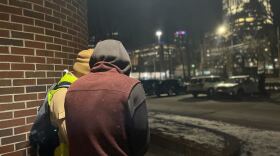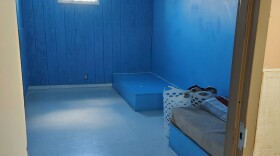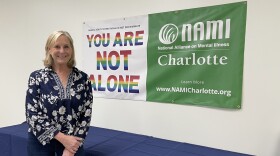-
Artificial intelligence is swiftly entering many aspects of ordinary people’s lives, from seeking advice on how to craft the perfect email or resume to editing photos. It’s also increasingly being used by young people turning to AI for mental health and guidance. It’s easy, costs nothing and there’s no fear of judgment — but is it healthy or dangerous? We take a look at the pros and cons.
-
After a fatal stabbing at North Forsyth High School on Tuesday, officials are encouraging parents to have conversations with their children about what happened.
-
With mental health needs still high and access a challenge for many, more than 200 people attended a conference today at a Charlotte hotel in the University City area that aimed to raise awareness about the topic.
-
North Carolina’s Latino population faces a shortage of bilingual mental health professionals, and a Charlotte nonprofit is working to change that.
-
Decarlos Brown Jr., the man charged with stabbing Iryna Zarutska on the Charlotte light rail, suffered from schizophrenic delusions and poor mental health since his release from prison in 2020, according to his family. The case shows how the state struggles to contain and treat mentally ill people who may pose a risk to the public.
-
A new street outreach program in Mecklenburg County is up and running with the goal of breaking barriers to mental health care.
-
The stabbing death of Iryna Zarutska on Charlotte’s light rail renewed conversations about the need for mental health treatment and led some leaders to examine the involuntary commitment process for people who pose a danger to themselves and others. A crime bill recently passed by the legislature takes steps in that direction and we examine how the involuntary commitment process works and where it might go wrong.
-
A local mental health leader is working to reshape the way Charlotte approaches mental health by drawing from her own experiences.
-
A Mecklenburg County report this year found more people sleeping outside now than any year since 2010. In part one of a two-part series, WFAE's Elvis Menayese explores why homelessness remains a pressing issue and why some people sleep on the streets instead of going into shelters.
-
Doctors are writing "social prescriptions" to get people engaged with nature, art, movement and volunteering. Research shows it can help with mental health, chronic disease and dementia.
Play Live Radio
Next Up:
0:00
0:00
Available On Air Stations










